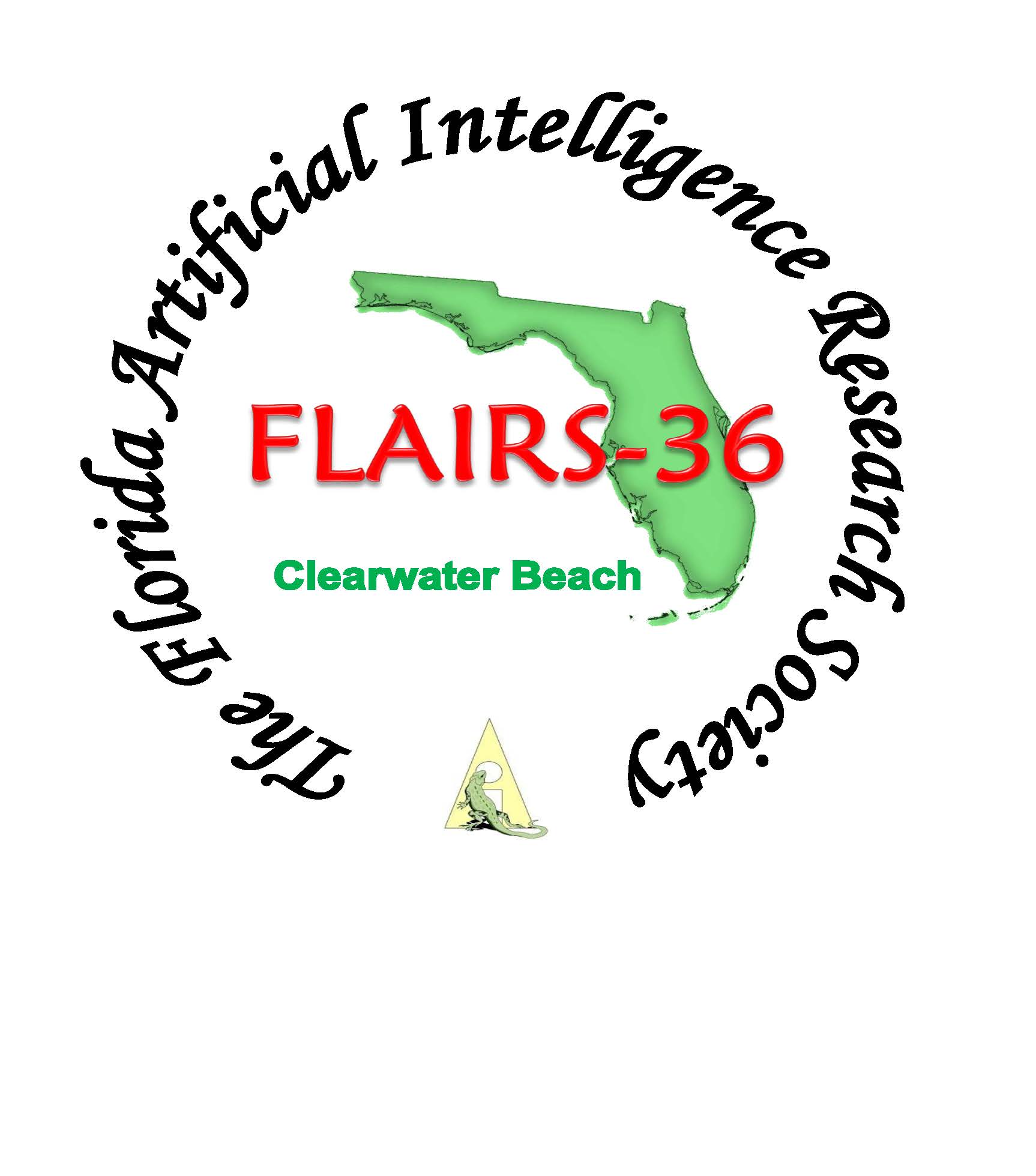Dynamic Route Guidance in Vehicle Networks by Simulating Future Traffic Patterns
##plugins.pubIds.doi.readerDisplayName##:
https://doi.org/10.32473/flairs.36.133369关键词:
Dynamic route guidance, Adaptive traffic signals摘要
Roadway congestion leads to wasted time and money and environmental damage. Since adding more roadway capacity is often not possible in urban environments, it is becoming more important to use existing road networks more efficiently. Toward this goal, recent research in real-time, schedule-driven intersection control has shown an ability to significantly reduce the delays incurred at signalized intersections. Such approaches operate by building a predictive model of when locally sensed approaching traffic is expected to arrive at a given intersection, and then using the model to generate a signal timing plan (a phase schedule) that minimizes the cumulative delay of this traffic as it moves through the intersection. In this paper, we consider whether further reduction in delay could be gained by applying this predictive model to dynamically reroute some portion of vehicles willing to share their destinations along less congested paths. We developed an algorithm that simulates the current traffic state forward at each vehicle decision point, based on knowledge of other vehicles’ current routes and traffic signals’ control algorithms, and evaluated it using the SUMO microscopic simulator on different road networks (one as a simple synthetic example and the other taken from the real world) using different traffic signal control algorithms (fixed-timing plans and schedule-driven intersection control). Experiments carried out on combinations of networks and traffic signal control algorithms show that our rerouting protocol reduces delay for both vehicles participating in route guidance (adopters) and those that do not (non-adopters) and that the reduction in delay generally increases as the proportion of adopters does.
##submission.downloads##
已出版
##submission.howToCite##
期
栏目
##submission.license##
##submission.copyrightStatement##
##submission.license.cc.by-nc4.footer##

